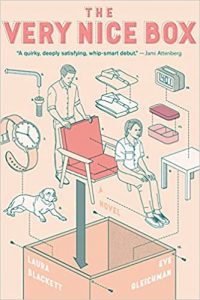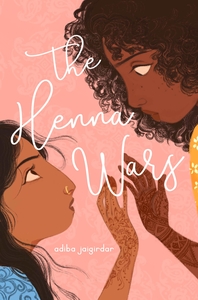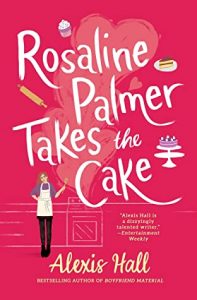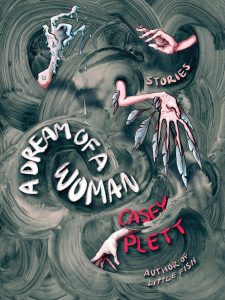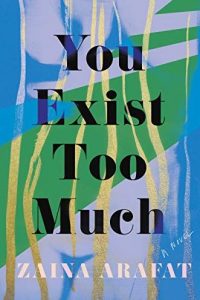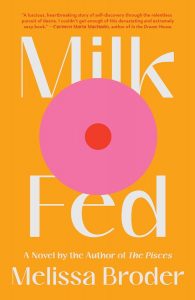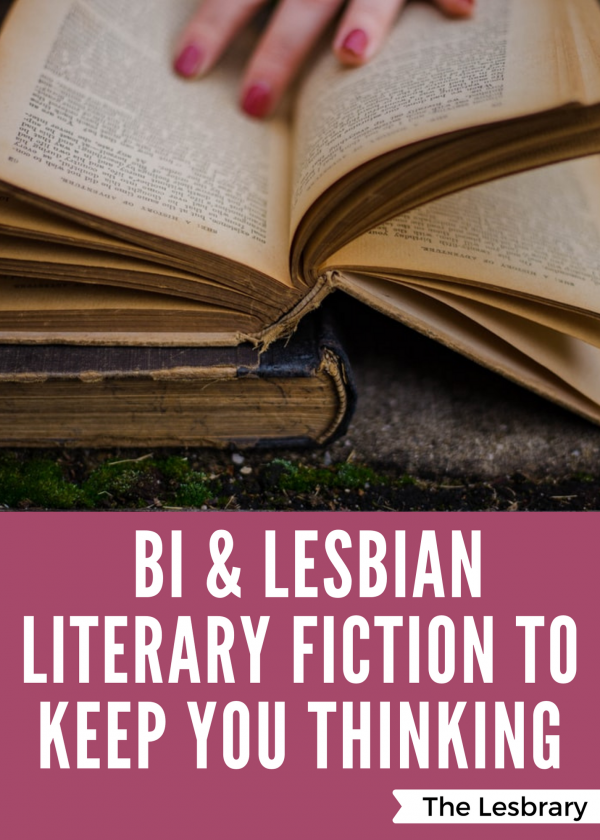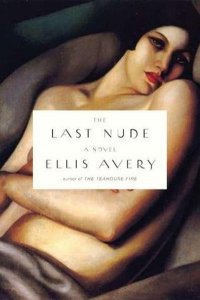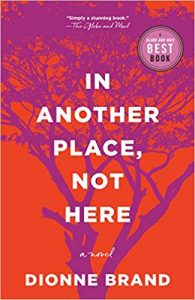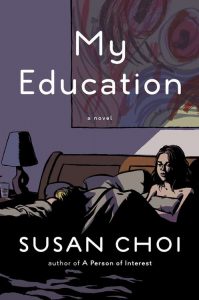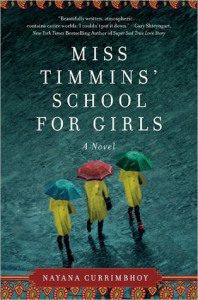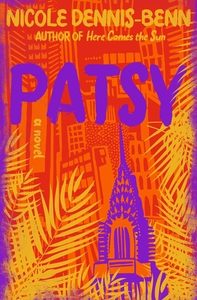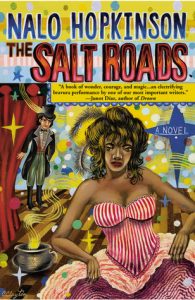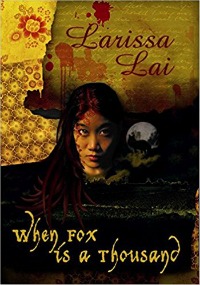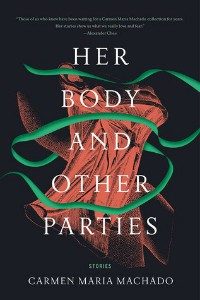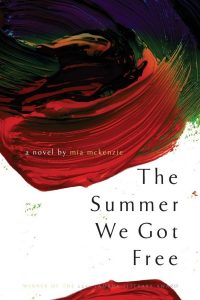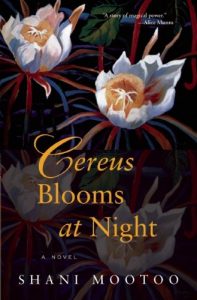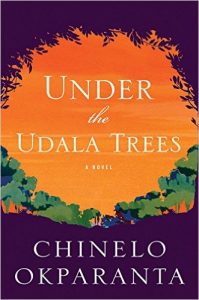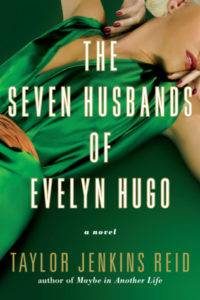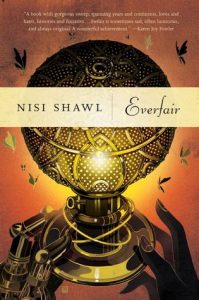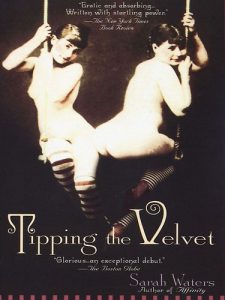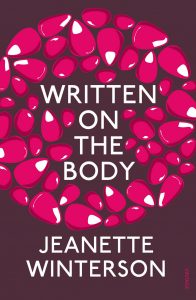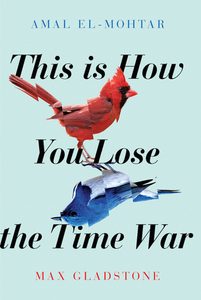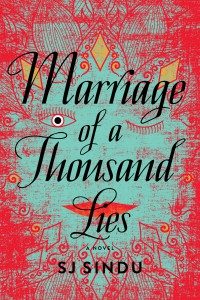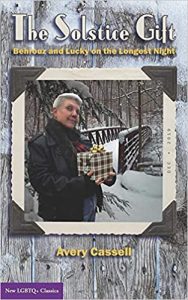Amazon Affiliate Link | Bookshop.org Affiliate Link
I will say I think this book works best if you go in without a ton of information, so if you’re up for a kind of weird slowly unfolding character-based queer story, I highly recommend checking this out sight unseen. I listened to it as an audiobook and thought it worked really well in that format!
If you’re still reading this, don’t say I didn’t warn you!
Ava is a designer who works for STÄDA (which is pretty much Ikea), designing boxes. She is devoted to her job, and her life is very neatly regimented. She’s isolated, with basically her only social interaction being a standing lunch date with a coworker, where they talk about a reality show they both watch.
Some of this is her personality — when she’s stressed, she imagines a hex wrench perfectly fitting into a bolt to calm herself down — but the isolation is because she’s still reeling from trauma. She was in a car accident that killed both her parents as well as her fiancée. Since then, she’s buried herself in her work, keeping a strict schedule to keep the anxiety from creeping in. All of this order is upended when her new manager Mat arrives, who offers her a ride when her car breaks down and pries open all her defenses.
Mat is charismatic, transforming STÄDA with his solutions-oriented style and big personality. Doors seems to open for him, and Ava finds herself falling for him and how she feels when she’s with him. She’s finally moving on from the accident and feels like a different person. Then, this character-centric story that has been slowly unfolding turns out to be a different story.
(Vague spoilers) I was having trouble going to sleep, so I decided to listen to this literary fiction, slow-paced story to relax. Then I hit That Chapter and bolted up in bed. (True story.) (spoilers end)
I loved reading about Ava, who is such a distinct character. I can understand people who don’t appreciate her point of view — for instance, she identifies everything around her by brand, and she really is passionate about the Very Nice Box she’s designing. But I appreciated getting to know her, including the walls she’s built up and her vulnerabilities. She dislikes Mat at first, but once she’s fallen for him, she’s defensive against anyone who doesn’t.
I’ve been in an office job (though work from home) for a year now, but before that, I worked retail for more than a decade (and briefly taught), so it still feels like a foreign world to me. My particular job is the best place I’ve ever worked, but now I can see the mechanics behind working a desk job, and I have new appreciation for stories like this that feature office politics.
Before this title came out, I had trouble finding any information about whether it was queer, which is frustrating, because it definitely is. Ava dates mostly women and was engaged to a woman. There’s one scene where she joins a dating app and it asks her which genders she wants to see. She selects all genders, then unchecks men, then checks men again — which is highly relatable. Her best work friend (and really, only friend) is also queer, but they both chafe against the company Spirit Team’s attempts at inclusion with a gaudy rainbow tree put up in the office. I love stories with queer friendships, and this one does a great job.
I don’t want to give away any spoilers, but suffice to say, this ended up being a great commentary about Nice Guys and male entitlement. It also wraps up in a way I hadn’t expected but was very satisfying. (Spoilers, highlight to read: I love that the Very Nice Box was Chekhov’s gun in this story: as soon as the dimensions were described, I thought it reminiscent of a coffin, but I thought it just symbolized how death was haunting her through her PTSD and grief. The matter of fact way Ava and her friend both shrug at Mat’s fate is amazing, and it’s fits with the ambiguously satirical tone. Also, that the happy ending is Ava adopting that ugly dog is *chef’s kiss* amazing and a perfect queer conclusion. (end spoilers)

